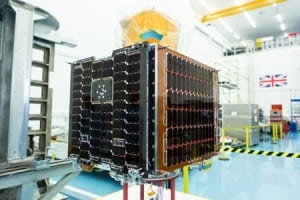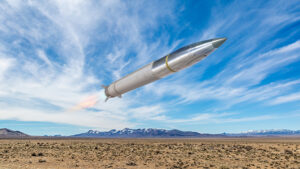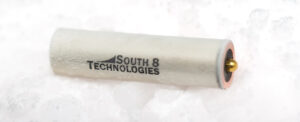
The United Kingdom is drafting its first defense space strategy and intends to unveil it this summer, citing growing threats to its space operations.The strategy, which Gavin Williamson, the UK’s defense secretary, recently announced at the first-ever UK defense space conference in London, “will set out plans to protect UK operations against emerging space-based threats, such as jamming of civilian satellites used for broadcasters and satellite navigation to support military capabilities,” the British defense ministry said. “It is essential we protect…

 By
By 











